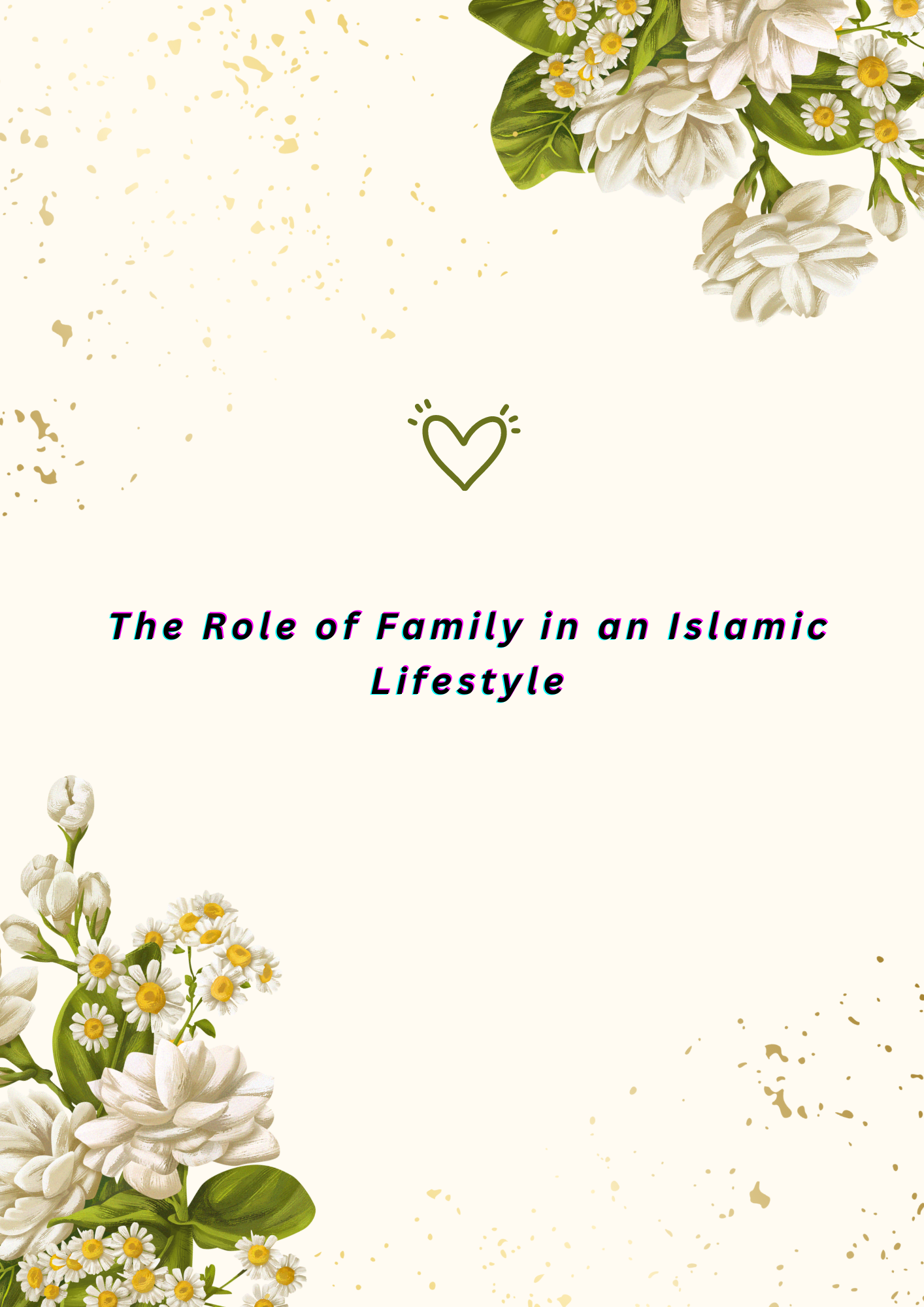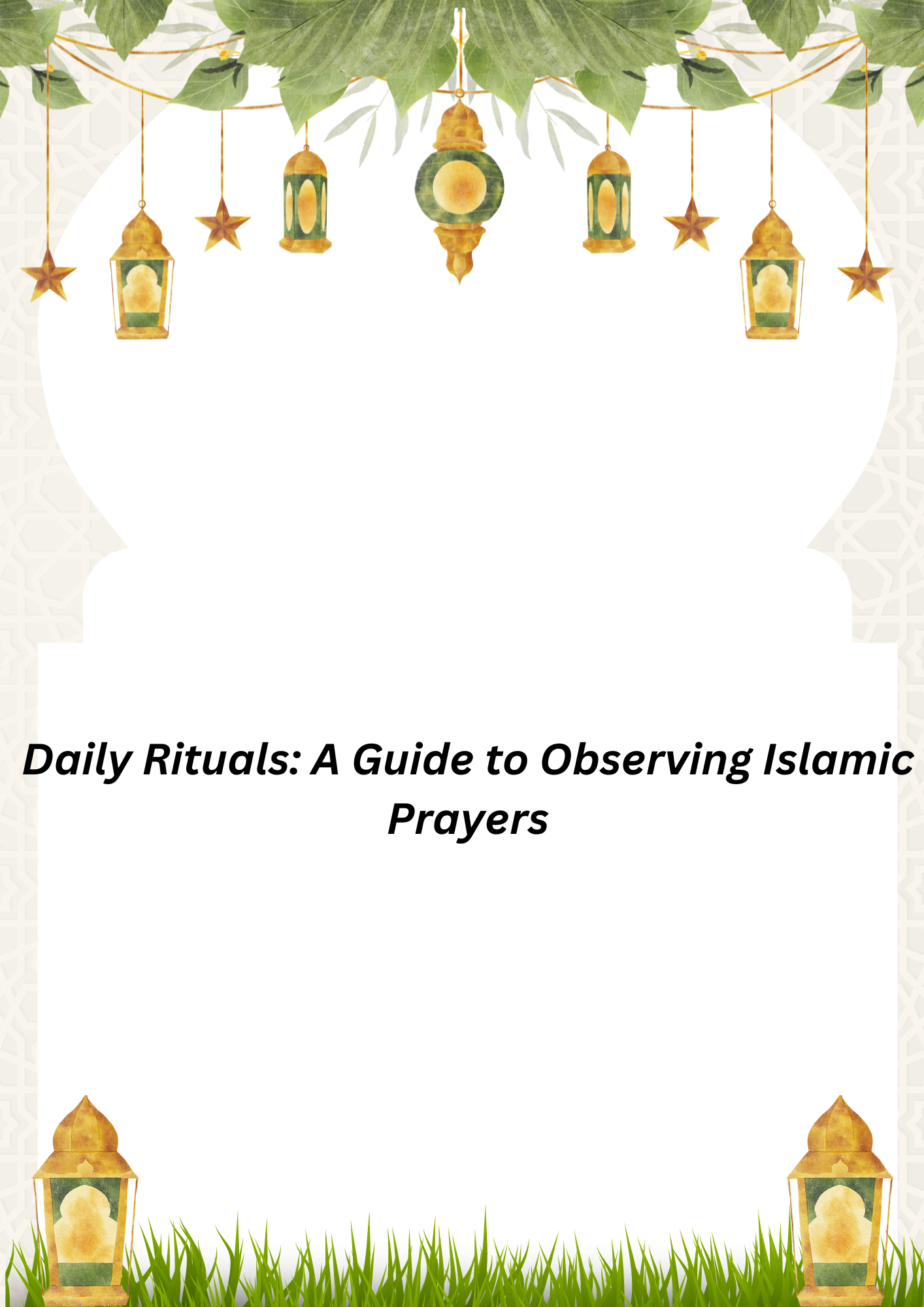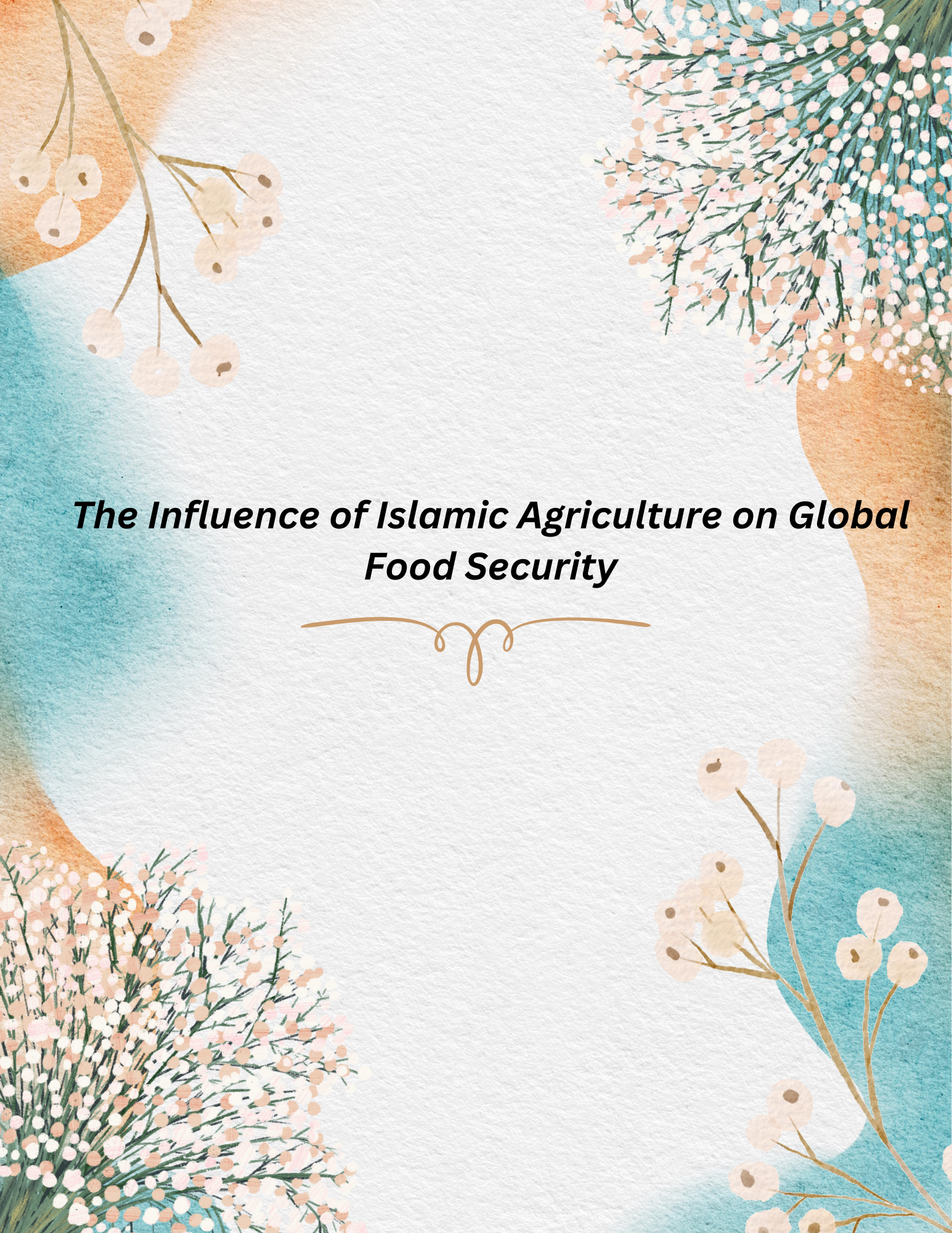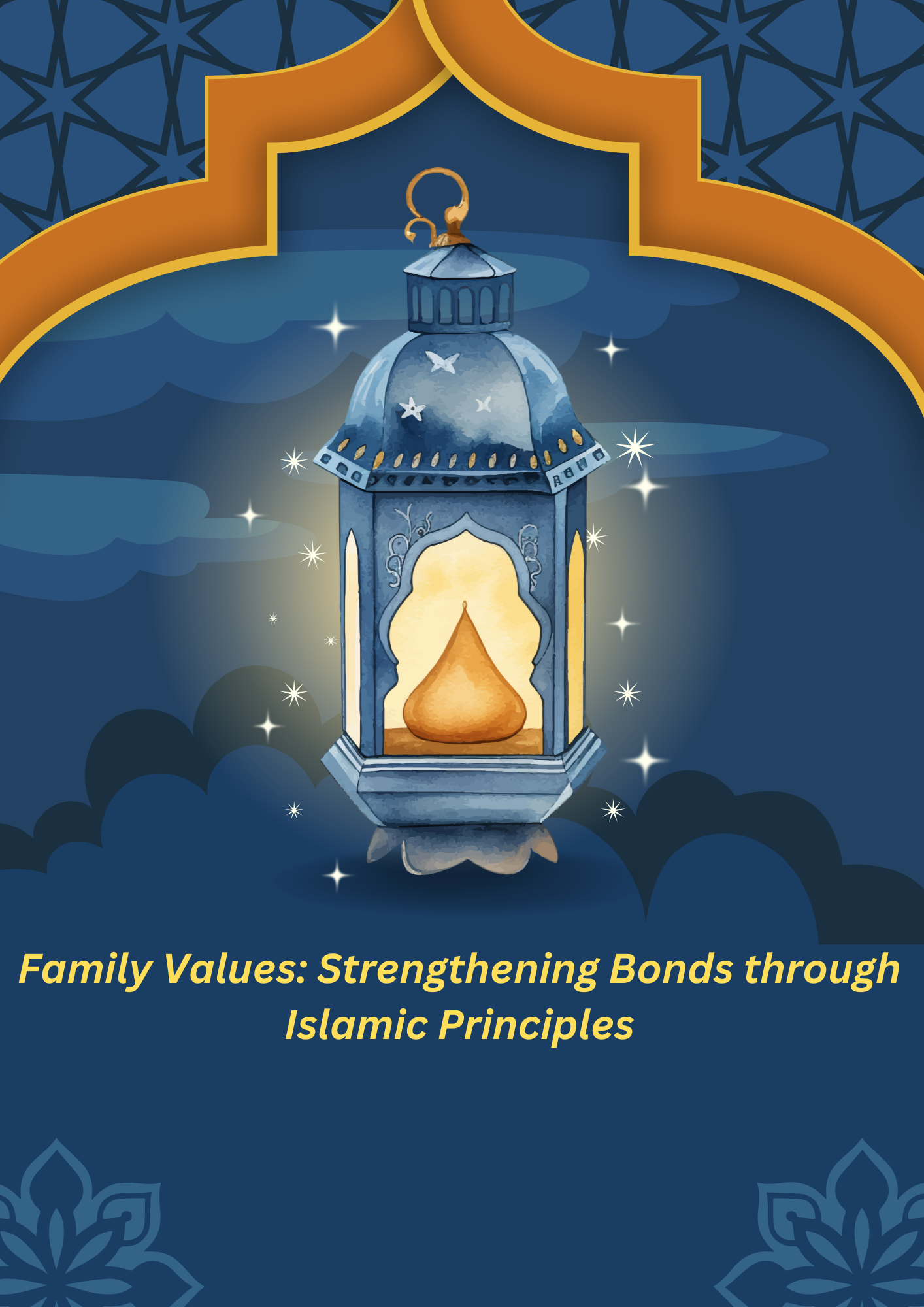The Role of Family in an Islamic Lifestyle
Family is a cornerstone of Islamic society, deeply embedded in the teachings of the Quran and the Hadiths. In Islam, the family unit is considered a sacred institution, fundamental to the structure of a healthy and moral community. This article explores the pivotal role that family plays in an Islamic lifestyle, highlighting its significance, the values it fosters, and the responsibilities it entails.
The Foundation of Family in Islam
Islam views the family as a microcosm of the broader Muslim community, or Ummah. The Quran and the Hadith emphasize the importance of maintaining strong, loving, and respectful family ties. Surah An-Nisa (4:1) states: “O mankind, fear your Lord, who created you from one soul and created from it its mate and dispersed from both of them many men and women. And fear Allah, through whom you ask one another, and the wombs. Indeed, Allah is ever, over you, an Observer.”
This verse underscores the significance of familial bonds, urging Muslims to honor and respect these relationships. Family is seen as the primary context in which children learn moral values, social responsibilities, and religious practices.
Values Fostered by Family
- Respect and Obedience: Respect for parents and elders is a fundamental value in Islam. The Quran repeatedly advises children to be kind and obedient to their parents. Surah Al-Isra (17:23) states: “And your Lord has decreed that you not worship except Him, and to parents, good treatment. Whether one or both of them reach old age [while] with you, say not to them [so much as], ‘uff,’ and do not repel them but speak to them a noble word.”
- Compassion and Mercy: The family is where individuals first experience compassion and mercy. Parents are encouraged to show love and mercy towards their children, reflecting the qualities of Allah, who is Most Merciful. The Prophet Muhammad (peace be upon him) emphasized the importance of mercy within the family, saying, “He who does not show mercy to our young ones and respect to our elders is not one of us.”
- Responsibility and Accountability: Family members have specific roles and responsibilities. Parents are tasked with providing for their children’s physical, emotional, and spiritual needs. They are responsible for their children’s education, both secular and religious, ensuring that they grow into responsible and pious individuals. Children, in turn, are expected to respect and care for their parents, especially in their old age.
- Patience and Forgiveness: Family life teaches patience and forgiveness. Living closely with others inevitably leads to misunderstandings and conflicts. Islam encourages patience and resolving conflicts with forgiveness and understanding. The Prophet Muhammad (peace be upon him) said, “The strong person is not the one who overcomes others with his strength, but the one who controls himself while in anger.”
The Role of Marriage
Marriage is highly valued in Islam and is considered half of one’s faith. It is seen as a partnership based on mutual love, respect, and support. The Quran describes the marital relationship as one of tranquility, love, and mercy (Surah Ar-Rum, 30:21). Marriage is the foundation of the family unit, and spouses are encouraged to be supportive and considerate of each other’s needs and aspirations.
The Extended Family
In many Muslim cultures, the extended family plays a significant role. Grandparents, uncles, aunts, and cousins often live in close proximity and provide additional support and guidance. This extended network reinforces the values and responsibilities taught within the nuclear family and offers a broader support system.
Conclusion
The family is central to an Islamic lifestyle, serving as the primary context in which individuals learn and practice the core values of Islam. It is a source of love, support, and moral guidance, ensuring the continuity of faith and values across generations. By emphasizing respect, compassion, responsibility, and patience, the family unit nurtures individuals who contribute positively to the broader Muslim community and society at large. In essence, a strong, loving, and cohesive family is the bedrock of a healthy and vibrant Islamic life.



